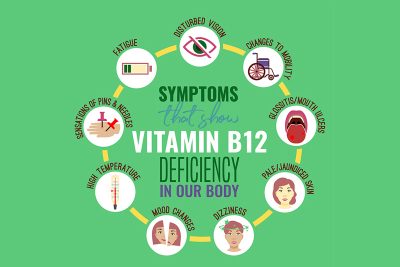Preventing Parkinson’s
Most organisations and institutes focus on finding a wonder drug or cure for Parkinson’s and for decades people have been promised that cure would come in their lifetime. Whilst we would love for this to have happened, there has been great disappointment and this has not come. Parkinson’s is now the fastest growing neurological condition in the world. Over the past 25 years, the number of people with the condition has doubled from 3 million to over 6 million and we are facing a further doubling by 2040.
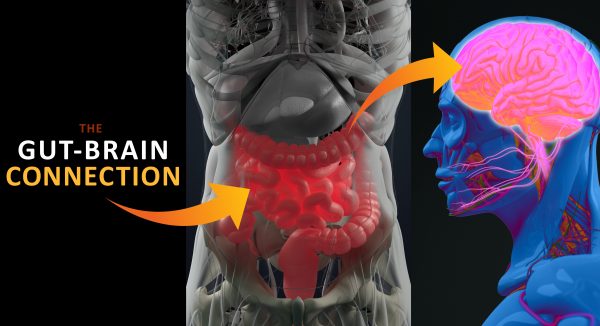
Parkinson’s Care and Support UK are a very different organisation. We want to put an end to Parkinson’s. We are forward thinking and are creating much needed alternative discussions about Parkinson’s and how we can beat it. We are a proactive organisation where our work involves addressing Parkinson’s in ways that have not been done before. This is why we have a strong emphasis on preventing and reducing the risk of Parkinson’s. We passionately believe that the prevention of Parkinson’s is just as important as the cure. Put simply, if we were to find a cure for everyone living with Parkinson’s today, it would not stop new cases from emerging. Therefore, curing Parkinson’s not enough. We want to end this condition.
Given that Parkinson’s Disease is caused by environmental and lifestyle factors as well as genetics, it makes the possibility of preventing Parkinson’s and moving toward sending the condition all together more viable. We now know enough about the disease to understand the preventative measures that counter the aging and death of the neurons under attack.
This section explores the various ways in which we can decrease the risk of developing Parkinson’s by being proactive about the environmental and lifestyle contributors that we can control.

Diet
Over the last 20 years, scientists have been regularly looking into whether diet can prevent or, in any way, slow down the onset of Parkinson’s. This ongoing research has highlighted a number of great findings, some of which have helped identify those most at risk of developing the disease and how specific diets can help to prevent.
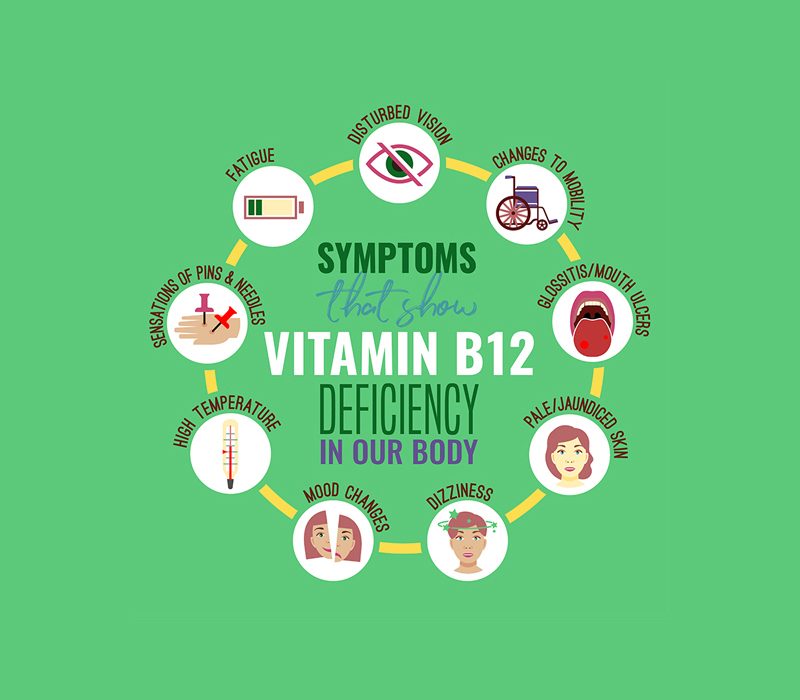
Vitamin B12
Vitamin B12 deficiency can cause a number of neurological symptoms, including instability, neuropathy and cognitive defects. A 2017 study found that people who had lower blood levels of vitamin B-12 were more likely to have depression or anxiety. It is also common for people to suffer from depression before a Parkinson’s diagnosis and it is thought that depression could trigger the onset of Parkinson’s Disease.
Earlier studies have also revealed that a more rapid progression of PD symptoms occurred in those with lower B12 levels than those with higher levels. This raises the possibility that prevention or early correction of low B12 status may slow the onset of disability in PD.
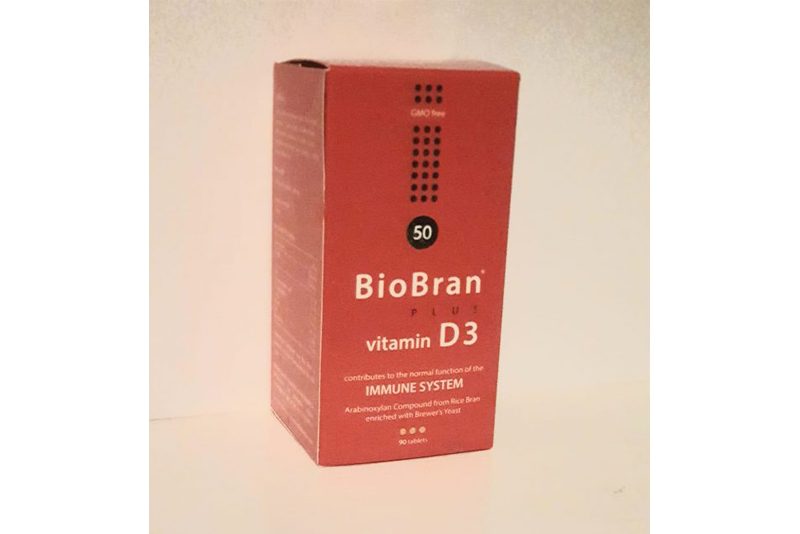
Vitamin D
Vitamin D is plays a crucial role in not only bone health, but brain and cognitive function too. It is extremely common that people with Parkinson’s, particularly as they get older have lower than normal levels of Vitamin D. Although previous studies have shown that Vitamin D supplementation reduces fall rates and improves balance in older people, low vitamin D levels has been suggested to be related to the risk of developing Parkinson’s disease.

Exercise
Not only is it important to stay as physically active as possible with Parkinson’s in order to delay progress, relieve or even reverse symptoms, but studies have shown that exercise is helpful in reducing the risk of getting Parkinson’s Disease.

Head Injury
Traumatic Brain Injury is one of many potential environmental factors that likely interacts with genetics to bring about a PD diagnosis. A recent study in the journal Neurology found that traumatic brain injury (TBI) is associated with an increased risk of Parkinson’s disease (PD). While this link was already known, these results add further supportive evidence.

Stress and Depression
Research suggests that exposure to early life stress and depression or stressful life events may increase the risk of developing Parkinson’s disease. In addition, animal studies indicate that stress damages dopamine cells, resulting in more severe parkinsonian symptoms. In humans, acute stress can worsen motor symptoms, including bradykinesia, freezing, and tremor. It is possible that chronic emotional stress may cause dopaminergic cell loss in susceptible individuals.
Irrespective of whether depression is an early symptom of Parkinson’s Disease or depression is a risk factor for Parkinson’s, research shows that an individual who is depressed engages in behaviour that is more likely to result in Parkinson’s.
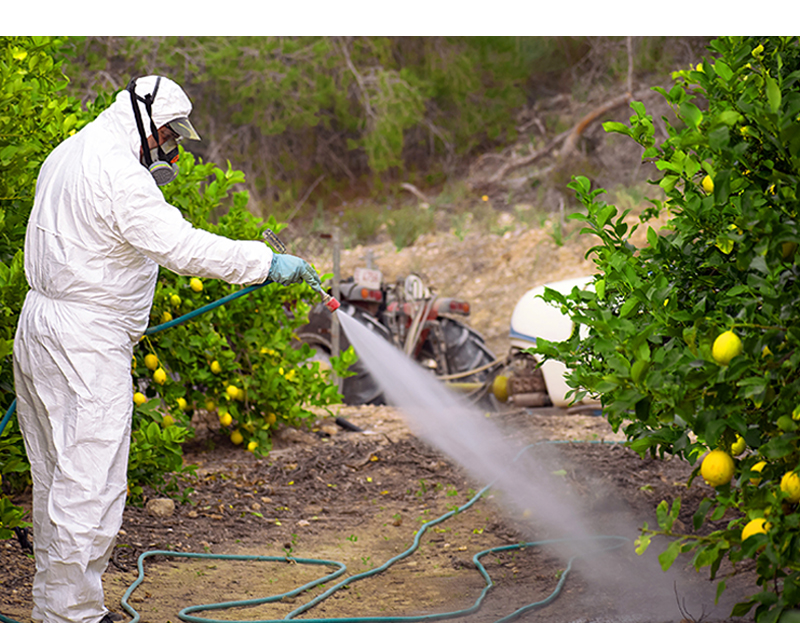
Pesticide and Herbicide Exposure
Pesticides and herbicides have been heavily implicated in causing Parkinson’s. Researchers have found high levels of pesticides/herbicides in the brains of Parkinson’s sufferers, compared to those with regular dopamine levels. Furthermore, agricultural workers who find themselves exposed to these pesticides have significantly higher rates of PD than the general public.

Uric Acid or Urate
Massive clinical and epidemiological studies found that Uric Acid levels are inversely correlated with development and progression of Parkinson’s Disease. A study in south Spain revealed that patients with Parkinson’s had lower serum Uric Acid concentrations than controls and Uric Acidconcentration might have a protective effect against Parkinson’s and could influence its clinical progression.
Results from in vitro and in vivo experimental studies also suggested that Uric Acid could be a potential neuroprotective agent.

Occupation
Did you know that certain occupational categories or job titles have been associated with a higher incidence of Parkinson’s Disease?

Exposure to Metals
There is no doubt from various research evidence that exposure to metals can destroy the neurological system. From the exposure and consumption of mercury to the absorption of manganese toxins from welding fumes, the damage caused can eventually cause Parkinson’s symptoms to appear.

Solvents and Polychlorinated Biphenyls (PCBs)
Toxic solvents are all around us and due to industrialisation are contributing to the rapid rise of Parkinson’s Disease across the world. Solvents may be present in tap water and products used in dry cleaning, by electricians, carpenters and photographers.

